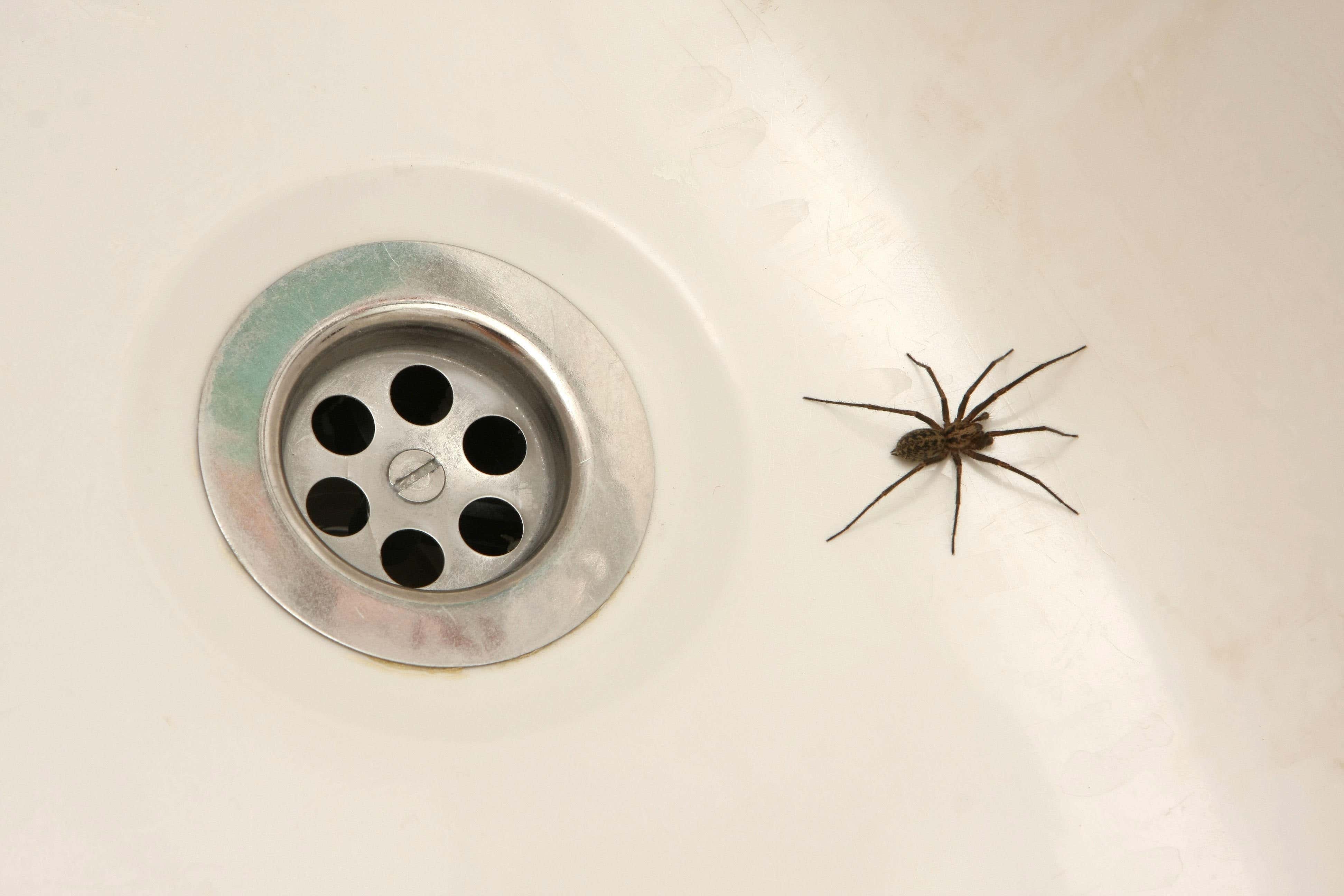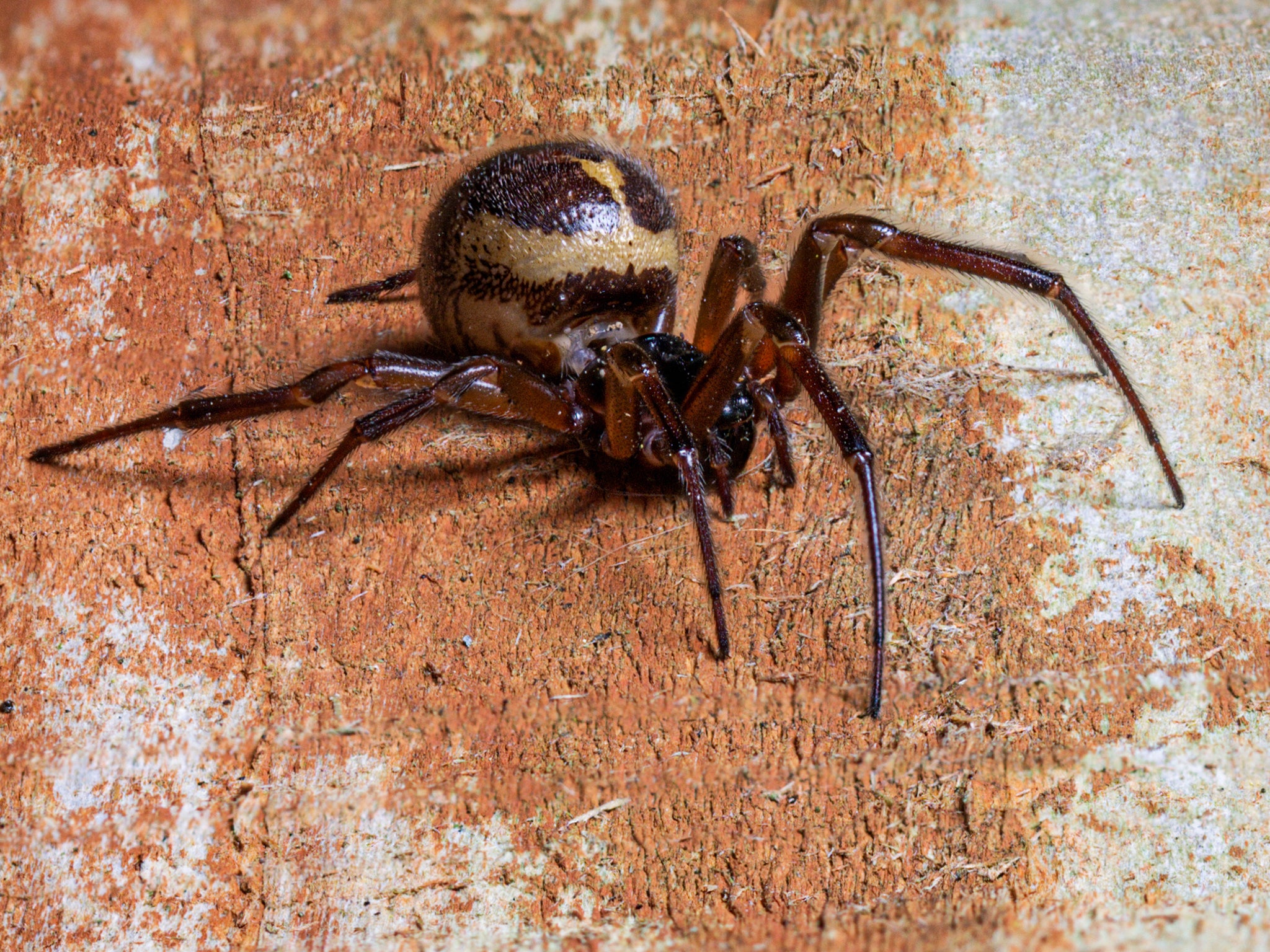The eight best ways to get rid of spiders from your home
And how to keep them out

Spider mating season starts in early September and can continues until November, and you may be horrified to hear there could be plenty of the often-dreaded eight-legged critters hiding in your home.
Because while you’re more likely to see them when they’re looking for mates during autumn, they’ve probably been residing in your house all year.
But don’t worry, having spiders in your home is a good thing. Honestly.
“While many people fear these eight-legged beasts, they are beneficial to have around,” insists Paul Blackhurst, head of technical academy at Rentokil Pest Control. “Flies and other insects are a source of food for spiders, which means they provide a natural form of pest control.”
Blackhurst says that with around 650 species of arachnids in the UK, there are less than a dozen that can commonly be seen in our homes, including the lesser house spider, which can grow to up to 20mm long, and the giant house spider, which can reach 25mm.
“Both these species are reluctant to bite, preferring to escape to undisturbed corners,” says Blackhurst.

False widow spiders are increasingly being sighted in the UK too, but they’re nocturnal, and rarely come out during the day, says Blackhurst. “They prefer to be hidden away in cracks close to their web, and generally they are solitary, preferring a dry warm environment where they will not be disturbed.”
He says false widows can bite if squeezed or accidentally provoked, but this is rare and the bite usually only causes temporary pain of similar intensity to a wasp or bee sting.
Spiders in homes will commonly be found in rooms with a water source, because they need water and so does their prey.
“You’re most likely to find spiders in your bathroom or kitchen, because their food is attracted to dark, moist areas”, explains Alex Woods from Victorian Plumbing.
“Spiders are attracted to the warmth of a home, particularly when the weather is cold or wet, which we know all too well can be the reality of a British summer. Female spiders tend to stay in the same position for their whole lives, so it may be that there are still spiders in your home who have been hiding away since last autumn.”
But although they might be great mini-pest controllers, most people would rather not house-share with spiders. So what can you do to get rid of them, or stop them coming in your home in the first place?
1. Vacuum regularly
Typically, spiders can be found in dark, quiet, secluded areas in homes and gardens, says Blackhurst, and most of spiders in this country produce webs, which is of course a key way to identify if they’re living in your home.
“Vacuum regularly, high and low,” he advises, “including hidden spots like under furniture, particularly sheltered spots such as beneath worktops, backs of cupboards, and under or behind large furniture. Remove spider webs, especially in corners and on ceilings.”
2. Seal cracks and openings around windows and doors
Seal gaps in walls, pipes, and doors to discourage entry, advises Blackhurst, and Woods adds: “Spiders have to get in our homes some way, so starting by sealing any cracks or openings around your windows and doors will reduce the chances of an initial invasion.”
3. Reduce outdoor lighting
Outdoor lights can attract insects that may become spider prey, warns Blackhurst.
4. Make a natural spider-repellent using essential oils
Home-made spider repellent may help keep spiders away, says Woods. “A drop of essential oil is enough to deter a spider,” she promises.
She suggests mixing around 20 drops of essential oils such as tea tree, lavender, peppermint, citrus or cinnamon with water in a spray bottle. “Spray corners of your bathroom or any moist areas that are likely to attract the insects,” she advises.
5. Use spider-repellent scents
As well as using the repellent to target specific spider-prone areas, you can use an air freshener or a candle that contains citronella to target the whole room, Woods suggests.
6. Rub lemon peel over the windowsills
“This is a favourite trick of mine,” says Woods. “Rub lemon peels all over the windowsills or anywhere spiders may try and perch like behind the toilet or cabinets. The citrus will repel them and will give your room a nice scent.”
7. Add spider-repelling plants to your rooms
Woods says plants like mint, lemongrass or eucalyptus will not only make your rooms look nicer “but they will help warn off spiders as they hate these kinds of aromas.”
8. Reduce spider food sources
Keep firewood, garden bags and compost heaps away from the home, as they’ll attract insects and spiders, says Blackhurst. “The most effective way to control spiders is to limit their food source,” he explains. “This should include clearing away dead flies, woodlice, millipedes, centipedes, and other crawling insects.”
Bookmark popover
Removed from bookmarks